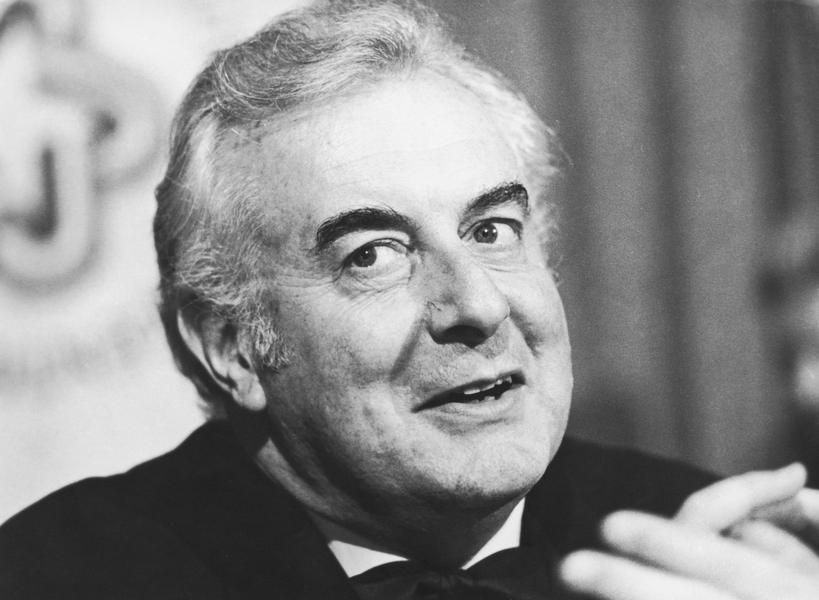What you need to know about former Australian Prime Minister Gough Whitlam, 1916-2014

A free daily email with the biggest news stories of the day – and the best features from TheWeek.com
You are now subscribed
Your newsletter sign-up was successful
Former Australian Prime Minister Gough Whitlam, a transformational political figure who led the country's Labor Party government of 1972-1975, has died at age 98.
Whitlam led Labor out of a 23-year period in the wilderness, defeating the conservative Liberal Party that had been well entrenched in power. And the way Whitlam did it notably hinged on moving the Labor Party beyond just its historical roots of socialism and blue-collar unions, openly embracing youth culture during a time of societal change, and proposing a new set of ideas for the Labor Party itself.
As noted by Melbourne's The Age newspaper: "Whitlam developed a wide range of policies, building what he called 'The Program'. Old Labor policies, including the pledge of nationalization that Whitlam described as Old Testament, were superseded by the New Testament."
The Week
Escape your echo chamber. Get the facts behind the news, plus analysis from multiple perspectives.

Sign up for The Week's Free Newsletters
From our morning news briefing to a weekly Good News Newsletter, get the best of The Week delivered directly to your inbox.
From our morning news briefing to a weekly Good News Newsletter, get the best of The Week delivered directly to your inbox.
And with those shifts, Whitlam was able to actually achieve quite a lot of progressive legislation: Universal health insurance, free university education, a full withdrawal of Australia's forces from the Vietnam War, environmental protections, and much more.
However, a growing number of scandals in his inexperienced government, combined with economic problems, led to an event that is still controversial in Australia to this day: A deadlock with the conservatives who remained in control of the upper house of Parliament, and Whitlam's eventual dismissal as Prime Minister.
Despite the internal flaws of his government, Whitlam arguably helped begin the modernization of democratic-socialist parties around the world, toward the more pragmatic philosophy of mainstream parties today. Watch a news video below from the Australian Broadcasting Corporation, on the mark that Whitlam made during tumultuous times. --Eric Kleefeld
A free daily email with the biggest news stories of the day – and the best features from TheWeek.com